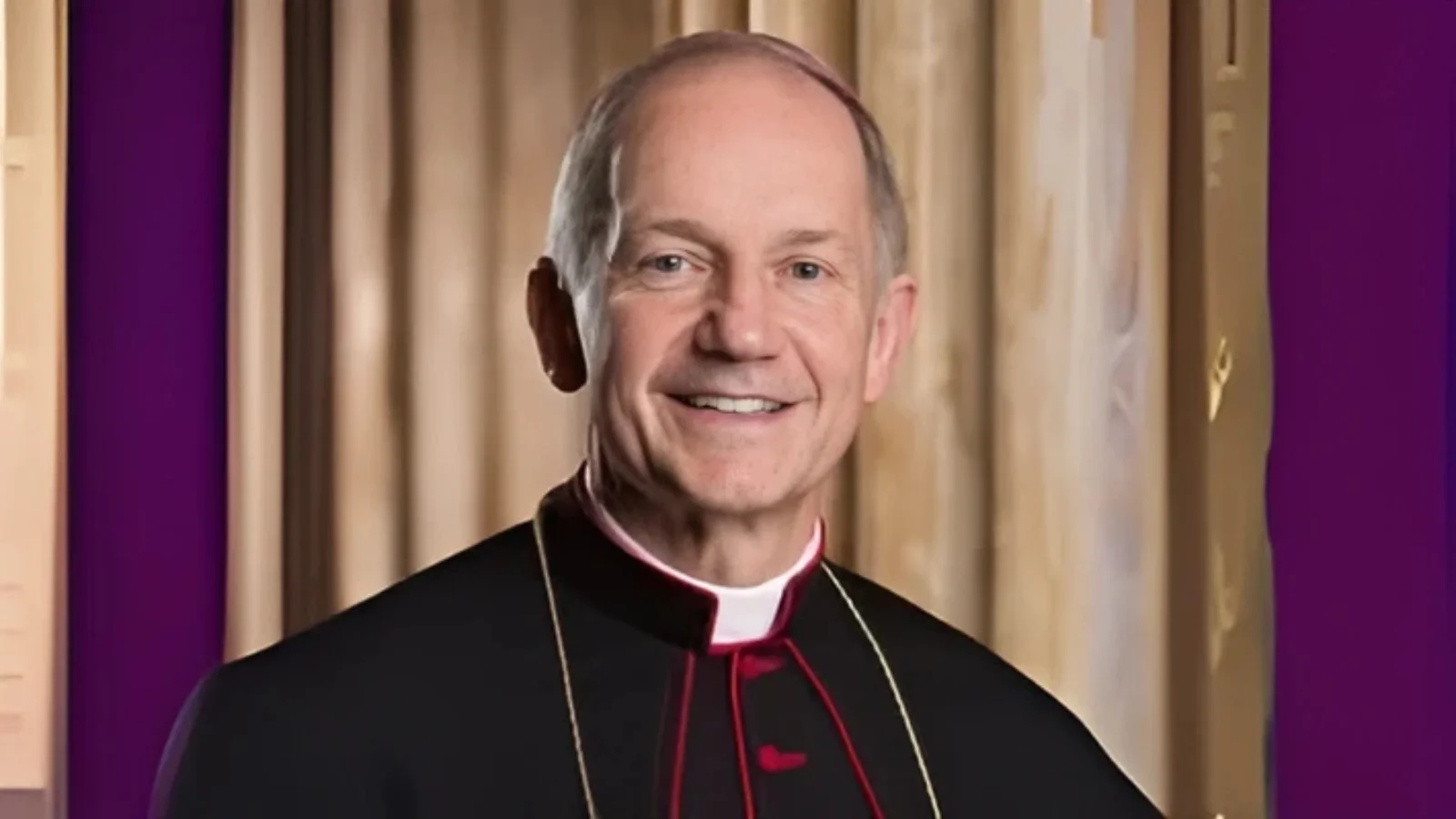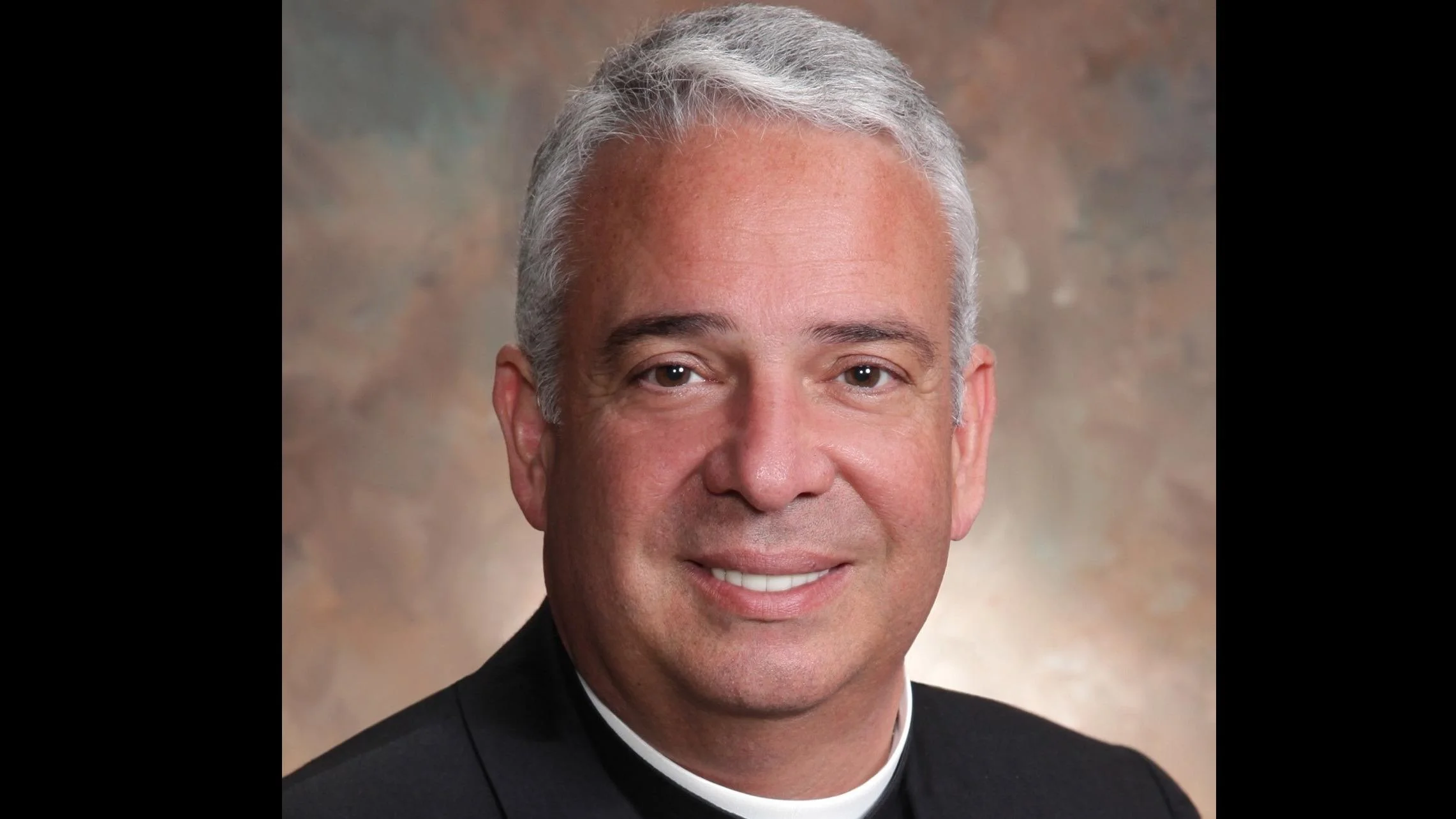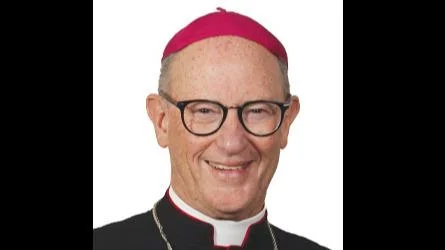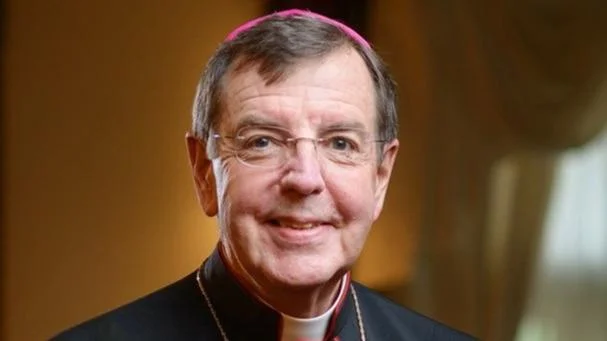
Bishop Thomas John Paprocki | Facebook
The Mississippi River, one of North America's most significant waterways, was once named "The River of the Immaculate Conception" by Father Jacques Marquette, a Jesuit missionary from France. Marquette arrived in Canada in 1666 and later explored and mapped the Mississippi with Louis Joliet beginning in 1673.
This naming reflected the French Jesuits' intention to dedicate their mission to evangelize Native Americans under the patronage of the Virgin Mary. According to James Wilson, a professor at the University of St. Thomas in Houston, “They set out on their canoes entrusting themselves entirely to God’s grace, entrusting themselves entirely to Mary as the Immaculate Conception, and they didn’t seek to build lasting monuments to their conquests or to plant flags,” noted Wilson. “They sought primarily to enter as agents of grace among the Indians and to live with them, preach to them, and enter into communion with them.”
Although today the river is known by its Native American name meaning “great waters,” Wilson said that Marquette’s consecration remains an important historical testament. Nearly two centuries after Marquette's time, U.S. bishops declared Mary under this title as patroness of the country in 1846.
One community where this legacy endures is Kaskaskia, Illinois. The Immaculate Conception Chapel there traces its origins back to a mission founded by Marquette on Easter Sunday in 1675. Emily Lyons, historian at the chapel, told CNA that Marquette had an “absolute devotion to the Immaculate Conception.” She explained that since its earliest days as a log structure, “the congregation has ‘worn out about five different buildings.’”
Kaskaskia itself was once a major trading center for Native Americans and French trappers but now has only about two dozen residents. The current brick church dates from 1894 and survived damage during severe floods in 1993 before being designated a chapel by the Diocese of Belleville.
Despite no longer functioning as a parish, Immaculate Conception Chapel draws visitors each year for Masses around December 8th celebrating the solemnity of the Immaculate Conception. Lyons noted that Marian hymns are sung in Algonquin during these services and that many Native American Catholics attend.
A procession is also held annually alongside a reenactment of a story involving a young Native woman who found lilies growing near the church during winter—a sign considered miraculous—which she brought inside as an offering for Mary.
Wilson contrasted French missionary efforts with those of Spanish colonizers: unlike Spanish conquests marked by violence, he said French missionaries generally engaged peacefully and respected Indigenous communities. Many Native people adopted Christianity into their culture as a result.
Reflecting on this history, Wilson stated: “To consecrate the Mississippi River as the ‘River of the Immaculate Conception’ is not to plant a flag or to lay conquest. It’s rather to recognize that this vast, open continent must, objectively speaking, be defined primarily not by what any human being does but by the actions of God through his grace.”
“Even when Christians try to talk about history, they talk as though only humans have acted in history and don’t consider that God is always the primary author of every action, and God’s grace is the most dynamic agent of everything in history,” Wilson said.






 Alerts Sign-up
Alerts Sign-up